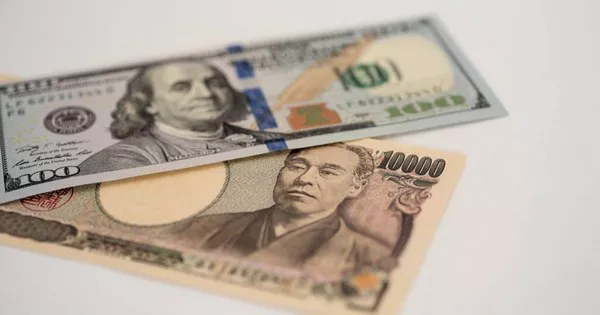In Asian markets on Tuesday, USD/JPY rebounded after falling in the previous session, rising to around 147.70. USD/JPY found upward support ahead of interest rate decisions from the Federal Reserve and Bank of Japan.
However, the U.S. dollar remained weak as the Federal Reserve is likely to keep interest rates unchanged at its upcoming meeting on Wednesday. However, investors have grown cautious following the prospect of a 25 basis point rate hike by the Federal Reserve by the end of 2023, which could be attributed to the resilience of U.S. economic data.
In addition, Federal Reserve Chairman Jerome Powell emphasized at the Kansas City Fed Jackson Hole Symposium last month that inflation remains too high and that the central bank is prepared to tighten policy further if necessary.
In addition, investors believe that the Federal Reserve may maintain higher interest rates for an extended period of time, which may provide potential support for the U.S. dollar. Investors will be watching central bank statements for any indication or information on the potential future trajectory of interest rates.
The U.S. dollar index (DXY) attempted to break out of a two-day losing streak, heading higher near 105.10. However, U.S. Treasury yields are struggling to recover from Monday’s losses. As of press time, the 10-year U.S. Treasury yield was at 4.30%. Lower U.S. bond yields put downward pressure on a stronger dollar.
The Bank of Japan has made it clear that it will consider adjusting monetary policy only when local wage and inflation indicators are consistent with its expected results.
In addition, the Bank of Japan remains cautious about abandoning its dovish stance, given continued challenges to Japan’s domestic economy and more uncertainty regarding China’s economic situation.
However, Japanese Industry Minister Yasunari Nishimura expressed his views on the Bank of Japan’s monetary policy. Japanese Industry Minister Yasumin Nishimura said that the Bank of Japan is responsible for determining monetary policy. The policy of using monetary measures to “buy time” will eventually come to an end.
Meanwhile, investors expect the Bank of Japan to maintain its loose monetary policy approach.


